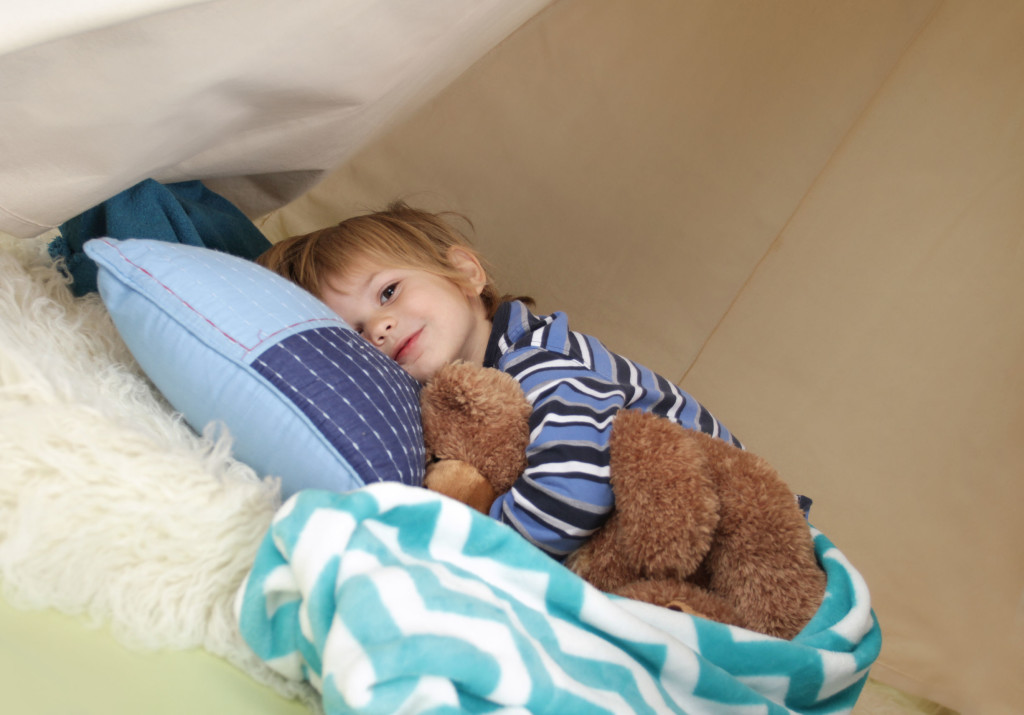Understanding Behavioral Sleep Disorders in Children and Adolescents: Causes, symptoms, and Treatment.
What is a Behavioral Sleep Disorder?

Behavioral Sleep Disorders, also known as Behavioral Insomnia of childhood according to the American Academy of Sleep Medicine, are sleep problems that primarily result from behavioral or psychological factors rather than physiological causes. A sleep disorder can create sleepy cranky and often poor-performing students at school, and an irritable, unhappy child or teenager at home. When left untreated, behavioral sleep disorders can have a wide range of effects on mental and physical health, cognitive and social functioning, and overall development in young individuals.
Common Behavioral Sleep Disorders:
All behavioral sleep disorders can occur at any time throughout childhood, but some are more common during particular developmental stages:
- Limit-Setting Sleep Disorders: Parents or Caretakers find it challenging to enforce bedtime limits, resulting in delayed bedtimes and reduced sleep duration. The child often resists going to bed at an appropriate time, leading to sleep deprivation, especially during adolescence.
- Sleep-Onset Association Disorder: Children with this disorder have difficulty falling asleep without the presence of a specific object, caregivers, or a particular sleep location. It can be linked to nighttime fears, worries, or stressful events, trauma, or ruminating thoughts making it hard for them to fall asleep.
- Inadequate Sleep Hygiene Syndrome: A child or teen does not perform normal activities that are consistent with maintaining good quality sleep and full daytime alertness.
- Insufficient Sleep Syndrome: This condition arises when a child persistently fails to obtain sufficient nocturnal sleep required to support normal alert wakefulness.
Symptoms of Behavioral Sleep Disorders:
Children with behavioral disorders usually exhibit one or more of the following symptoms:
- Bedtime resistance, including stalling or refusal to go to bed on time
- Difficulty falling asleep
- Frequent or extended nighttime awakenings
- Early morning awakenings
- Excessive daytime sleepiness
These symptoms can affect about 20%-40% of children and adolescents. Sleep disturbances can contribute to negative mood and exacerbate psychiatric issues in this age group. Children with conditions like ADHD, autism, or mood-anxiety disorders are more likely to experience sleep disturbances.
Causes of Behavioral Sleep Disorders:
Several Factors can contribute to the development of behavioral sleep disorders in children and adolescents:
Environmental Factors:
A child;s environment and caregiver involvement can play a big role in the development of these disorders. Children with greater dependency may require more active parental participation.
Inconsistent Sleep Schedules:
Caregivers who establish inconsistent sleep schedules can disrupt a child’s sleep patterns.
Demanding Lifestyles:
Older children and teens with packed schedules, involving social activities, sports, part-time jobs, and increased academic workloads, can experience sleep disturbances. Some of these demanding routines may delay a child's or teen's sleep initiation and reduce total sleep time.
Treatment for behavioral Sleep Disorders:
Untreated behavioral sleep disorders can have a significant impact on the cognitive, social, and emotional functioning of children and adolescents. A comprehensive evaluation of sleep patterns, disruptions, psychosocial factors, and co-occurring psychiatric disorders is recommended for treatment:
Interventions may involve:
- Sleep Hygiene Education: Teaching children about healthy sleep habits and routines.
- Relaxation Techniques: Implementing Progressive muscle relaxation and deep breathing exercises to reduce anxiety and facilitate sleep.
- Stimulus Control: Removing electronic devices from the bedroom to create a sleep-conducive environment.
- Cognitive Behavioral Therapy: Thought stopping, journaling “worries” at bedtime, developing self-esteem and confidence to sleep alone, and increasing positive thinking
- Imagery Rehearsal: Creating positive dream imagery to counteract nighttime fears and anxieties.
- Parent Education: Educating parents on how important is consistency, strict betimes, routines, reassurance, and positive reinforcement
- Behavioral Interventions: help children and teens initiate and maintain sleep independently, increasing total sleep time and improving sleep quality.
Frequently Asked Questions (FAQs)
What is a Behavioral Sleep Disorder in children and adolescents?
Behavioral Sleep Disorders are sleep problems caused by behavioral or psychological factors rather than physiological issues. These disorders can lead to sleep deprivation and have many effects on mental and physical health, school performance, and overall development in young individuals.
Are there specific causes of Behavioral Sleep Disorders in Children?
Several factors can contribute to the development of these disorders, including environmental factors, inconsistent sleep schedules, and demanding lifestyles. A child’s environment and caregiver involvement can also play a role.
What are common Behavioral Sleep disorders in Children?
Common Behavioral Sleep disorders are limit-setting sleep disorders, sleep-onset Association Disorders, Inadequate sleep hygiene syndrome, and Insufficient sleep syndrome. Each of these has distinct characteristics affecting a child’s sleep.
How can this affect children’s mental health?
Sleep disturbances can lead to negative mood and exacerbate psychiatric issues in a child and adolescent's life. Those with conditions like Autism, ADHD, or mood-anxiety disorders are more likely to experience sleep disturbances.
Can Behavioral sleep disorders impact social interactions and relationships?
Yes! Sleep disturbances can lead to mood swings and irritability, which can affect relationships with peers and family members. Adolescents with behavioral sleep disorders may experience social difficulties.




